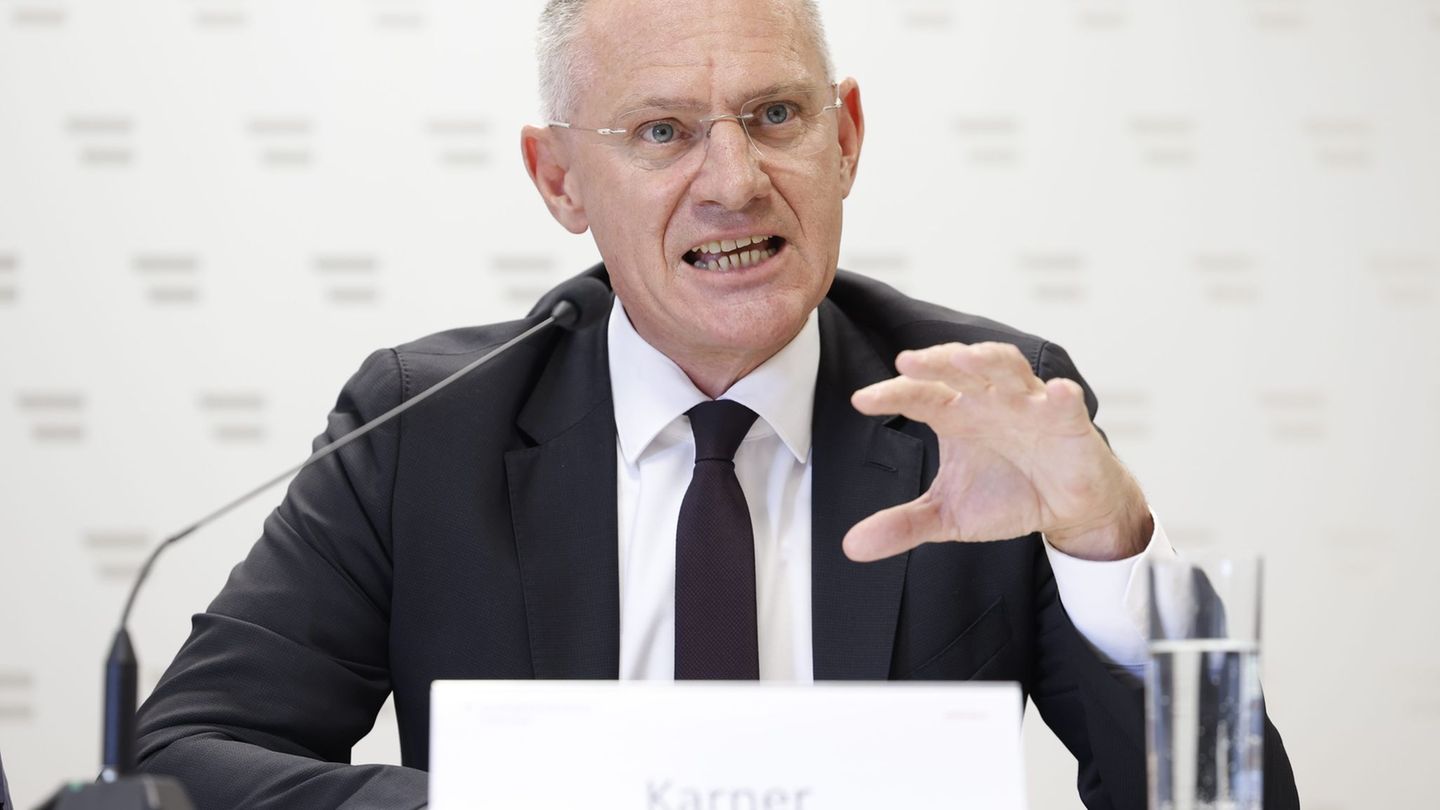Eliminating the tax credit for electric vehicles (EV) in the US could reduce future demand for this type of goods by more than a quarter, although the impact on gasoline consumption would be minimal, according to economists’ estimates.
Shares of US automakers fell last week following reports that President-elect Donald Trump could eliminate the $7,500 credit, introduced as part of the Inflation Reduction Act of 2022.
According to Joseph Shapiro of the University of California, Berkeley, repealing the credit could decrease future annual EV registrations in the US. 317,000 vehicles compared to projections under the current scheme.
Limited impact on gasoline consumption
Despite the possible decrease in EV demand, the increase in gasoline consumption would be relatively small. Shapiro and Felix Tintelnot of Duke University estimate that annual gasoline consumption would increase by 155 million gallons in the first year, and in a total of 7 billion gallons in a decade. This would represent only 5% of typical annual US gasoline consumption, which amounts to 136 billion gallons.
EV adoption will continue in the long term
Morgan Stanley analyst Adam Jonas noted that even if the tax credit is eliminated, EV adoption in the US won’t stop. “Although a slowdown in EV adoption could give traditional manufacturers time to catch up, we expect EV penetration to continue to increase in the long term thanks to innovation and economies of scale,” he wrote in a report.
tesla electric cars
Demand for electric vehicles in the US is expected to fall 27% without the tax credit.
Reuters
Change in environmental regulations
The incoming Trump administration plans to roll back federal regulations pushed by President Joe Biden that seek to increase fuel efficiency and promote the transition to EVs. These measures would include weakening emissions and fuel efficiency standards set by the Environmental Protection Agency (EPA) and the National Highway Traffic Safety Administration (NHTSA).
The Biden administration’s regulations require that at least the 35% of automotive production is allocated to electric vehicles to meet the 2032 goals. However, manufacturers have expressed that these regulations are excessively strict, which has led the Trump transition team to consider changes.
Tesla and the impact on regulatory credits
Relaxing rules could hurt Tesla, which generates significant revenue by selling regulatory credits to other manufacturers that don’t meet emissions standards. Although these credits used to be essential for Tesla before reaching profitability, they now represent a secondary source of income.
Morningstar analyst Seth Goldstein noted that Detroit manufacturers have made significant progress in their electrification strategies, so the current landscape is different from that of the first Trump administration, when Obama-era regulations also faced revisions.
Source: Ambito
I am a 24-year-old writer and journalist who has been working in the news industry for the past two years. I write primarily about market news, so if you’re looking for insights into what’s going on in the stock market or economic indicators, you’ve come to the right place. I also dabble in writing articles on lifestyle trends and pop culture news.




